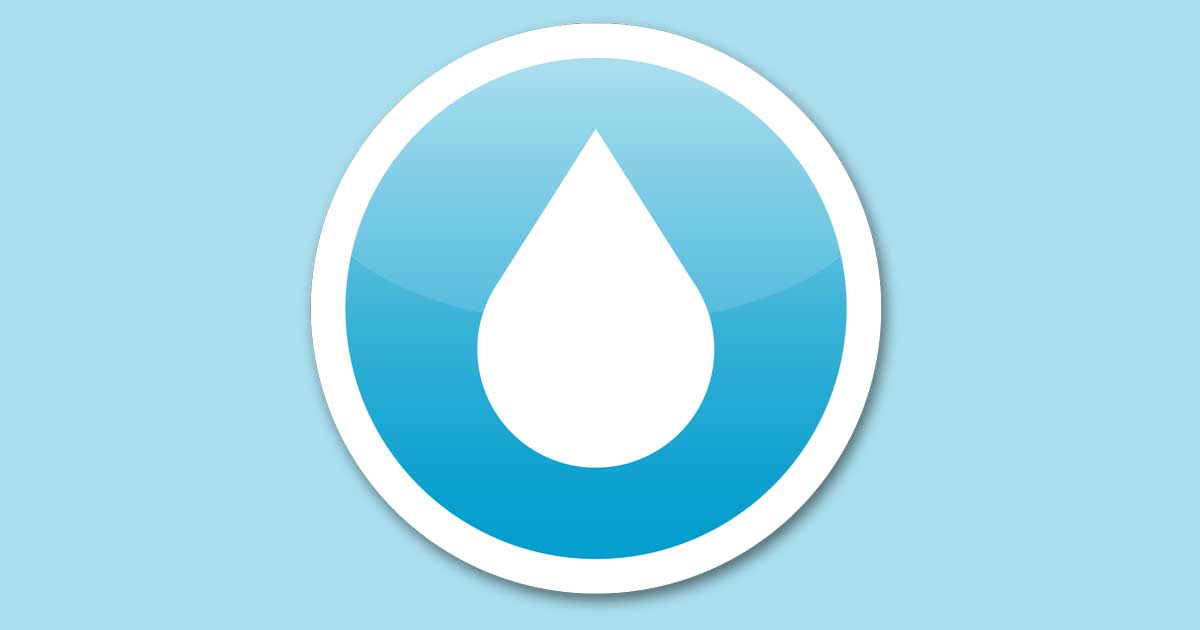To serve you better, we've assembled a list of our customers' most frequently asked questions. If you don't find your answer here, feel free to contact us.
Why do I have a previous balance when I know I sent in my payment?
We may have received it after the due date or we may not have received it at all. Call our office and we will help you solve the problem.
I only use my property at Priest Lake occassionally, why do I have to pay for sewer service for the entire year?
Outlet Bay Sewer District plans our capacity for peak usage. Our operational costs and infrastructure maintenace is required for our facilities year round, regardless of the seasonality of use. We also do not have a metering system on each subscriber's location, so our costs are divided equally amongst all of our system subscribers.
What is a System Development Charge and when is this fee applicable?
The Outlet Bay Sewer District System Development Fee (or Charge) or SDC, is a fee that is assessed whenever a new parcel is created within our district. This fee pays for 'buying in' to our existing infrastructure that our present customers have already paid for. In addition, this fee pays for any capital improvements to our system that are necessary to support this additional connection to our infrastructure.
Presently, our SDC is $20,000.00 per Equivalent Residential Unit or ERU. Typically, a residential property is evaluated at 1 ERU. Higher density housing and commercial use properties are assessed a higher ERU count per our Commercial Rate structure document.
This fee is assessed when a new parcel is recorded in Bonner County when that parcel is within our service area.
For example, consider an existing residential parcel that is sub-divided into several new residential parcels. Each of the new parcels created would be assessed an SDC for 1 ERU per parcel.
Please note, that SDC's are non-refundable and non-transferrable. Take for example the opposite scenario from the example above, a person who combines two or more parcels into a single parcel will not receive a refund for any SDC's paid previously.
What is the Hook Up Fee and when is it assessed?
The Outlet Bay Sewer District Hook Up Fee is a one-time fee that is paid to the district at the time that a person applies for connection to our infrastructure. This fee covers the administrative costs of establishing your account, review and oversight of the installation of the required equipment to be installed by the parcel owner, as well as the labor for physically connecting the customer's equipment to our lines. Please note that the cost and installation of the equipment (including piping, pumps, tanks, etc.) required to connect to our system are the responsibility of the parcel owner.
Currently, the Hook Up Fee is $3,700.00 and is due when the application is submitted to our office.
Can I flush Baby Wipes? Mine are marketed as "Flushable Wipes".
Why Baby Wipes Don’t Belong in the Sewer: Protecting Pipes, Pumps, and the Planet
In recent years, sewer systems across the country have faced an increasing and costly challenge: baby wipes. Though they may look harmless and are often labeled as “flushable,” baby wipes are one of the leading culprits in sewer blockages, equipment damage, and environmental harm.
Here’s why it’s so important not to flush baby wipes—and what you can do instead. The Big Myth: “Flushable” Wipes
Many wipes on the market today are advertised as “flushable,” but this label is misleading. While these wipes may disappear down the toilet, they don’t break down like toilet paper. Toilet paper is designed to dissolve quickly in water, while wipes—made of synthetic fibers like polyester or polypropylene—remain intact long after they’re flushed.
In sewer systems, these wipes bind with fats, oils, grease, and other debris to form massive clogs, often referred to as fatbergs. These blockages can damage pumps, clog pipes, and even cause raw sewage to back up into homes, businesses, and streets.
The Cost of Clogs
Across the U.S., municipalities spend millions of dollars annually dealing with wipes- related blockages. For small and rural sewer districts, these costs can be especially burdensome, leading to:
-
Increased maintenance on pumps and lift stations
-
Emergency repairs to remove clogs
-
Equipment replacements due to damage from tangled wipes
-
Higher sewer rates passed on to residents and businesses
Even in homes, flushing wipes can lead to costly plumbing repairs if they get stuck in private sewer lines.
Environmental Impact
The consequences extend beyond plumbing. When wipes cause sewer overflows, untreated wastewater can spill into local waterways, polluting lakes, rivers, and oceans. Marine life can suQer from ingestion or entanglement, and the microplastics in synthetic wipes contribute to long-term pollution.
What Can You Flush? The 3 Ps
To keep sewer systems running smoothly, remember this simple rule: Only flush the 3 Ps:
-
Pee
-
Poop
-
(Toilet) Paper
Everything else—wipes, tissues, paper towels, dental floss, hygiene products, cotton swabs—should go in the trash, not the toilet.
What You Can Do
-
Use trash cans in every bathroom for easy wipe disposal.
-
Spread the word to family members, guests, and neighbors.
-
Choose alternatives like reusable cloths or bidets when possible.
-
Support clear labeling laws that prevent companies from falsely advertising wipes as flushable.
Shared Responsibility
Sewer systems are designed to handle human waste and toilet paper—nothing more. Keeping wipes out of our pipes is a shared responsibility that protects public health, prevents environmental damage, and saves communities time and money.
When in doubt, throw it out. Your pipes—and your wallet—will thank you.
